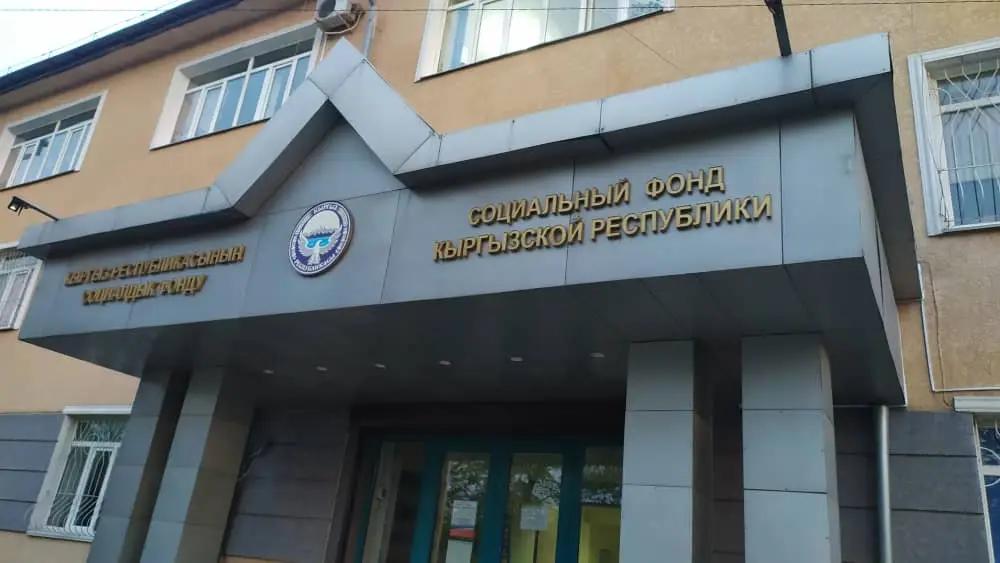
Published
01/05/2025, 09:41Starting January 1, 2025, Belarus will assume the chairmanship of the Eurasian Economic Union (EEU) for the third time.
Over the past decade, the Union has demonstrated the viability and effectiveness of its economic integration. Joint efforts have bolstered macroeconomic stability and minimized negative geopolitical impacts. The year 2025 marks a significant milestone as the Strategic Directions for EEU Economic Integration comes to completion, laying the groundwork for a new phase aligned with the Declaration for continued economic development in the EEU framework until 2030 and extending to 2045, known as the "Eurasian Economic Path." To reinforce beneficial integration among member states, the following main priorities need to be emphasized in the coming year:
1. It is crucial to focus joint efforts on enhancing the technological potential of EEU countries and on creating a shared cooperative space across all economic sectors. Emphasis on collaborative projects in information and communication technologies, artificial intelligence, electric transport, microelectronics, robotics, and advanced materials will provide a solid foundation for partnership among EEU enterprises, facilitating new import-substituting industries under a Eurasian brand.
2. To improve food security, focus should be placed on advancing selection, seed production, and boosting the genetic potential of breeding livestock.
3. The formation of a unified transportation space should be completed with equal (non-discriminatory) conditions and fair competition, especially in air transport between our countries. Efforts should continue to remove permissions for international road freight transport between third countries. It is essential to develop and improve logistics chains for smooth cargo delivery and develop seamless and secure international transport corridors linking EEU member states.
4. Further work is needed to harmonize business conditions and create a transparent competitive environment within the Union. The effective completion of common EEU energy markets is of paramount importance.
5. It is essential to continue protecting the internal market. This involves enhancing customs-tariff regulation for fair business conditions in the EEU and securing the Eurasian market against unsafe products. Adoption of world-leading unified technical requirements and harmonization of national standards are vital. A potential timely project is the creation of an EEU own exchange system for key commodities (petroleum products, agricultural produce, wood products, building materials) based on the Union's existing informational, methodological, and technological infrastructures.
6. The interaction among EEU states in digital transformation must be intensified. In the modern world, the level of digital technology development is crucial for country competitiveness. Eliminating existing digital barriers will yield synergies in economic and digital development within the EEU. Resolving mutual recognition of electronic digital signatures and further promoting digital tools in public procurement are proposed to boost effectiveness. With the rise of e-commerce, regulatory efforts regarding marketplaces are necessary to balance state, platform, seller, and consumer interests.
7. A renewed impulse is necessary for international collaboration, fostering additional conditions for promoting Union goods globally. Engagement with similar regional integration entities and observer state partnerships will strengthen the Union's economic capacity. Practical connections between EEU's integration potential and that of CIS, SCO, BRICS, and ASEAN members and continuing work on trade agreements with partner countries will establish the EEU as a dynamic regional organization on the Eurasian continent.
8. Joint efforts are needed to incorporate social and humanitarian aspects into the economic integration track. Improved wellbeing for Union citizens should become integral to EEU development, with a focus on cooperation in healthcare, education, sports, tourism, and cultural spheres.
9. A new level of informational cooperation is required for effective measures against destructive resources and aggressive actions. A consolidated approach towards shaping a common information space respecting traditional values and historical and cultural heritage is advantageous. The historical significance of the 80th anniversary of Victory in the Great Patriotic War should unite efforts for peace and combat fascism.
Realizing these directions will contribute to expanding Eurasian integration and mutually beneficial cooperation among our countries.



